Caring for Your Brick and Stone Chimney
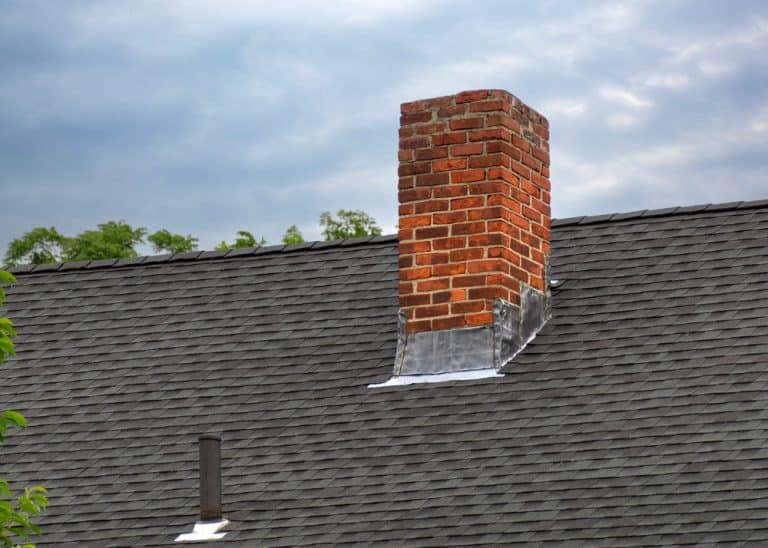
Brick and stone chimneys add charm and value to a home, but they require regular maintenance to stay in good condition. Water, weather, and freezing conditions can cause significant damage over time, so regular inspections are key to preventing costly repairs.
Inspecting Your Chimney
-
Check from the Ground:
- Use binoculars to inspect the chimney from the ground.
- Look for cracks or damage in the tile flues at the chimney’s top.
- Check the chimney cap (the cover just above the brick or stone but below the flue tile) for cracks or damage. A cracked chimney cap can let water seep in, causing structural damage.
-
Examine the Brick, Stone, and Mortar:
- Ensure the materials appear solid, with no:
- Leaning or movement.
- Gaps, holes, or missing mortar.
- White stains (which could indicate water infiltration).
- Any visible damage or abnormalities should be evaluated by a professional.
- Ensure the materials appear solid, with no:
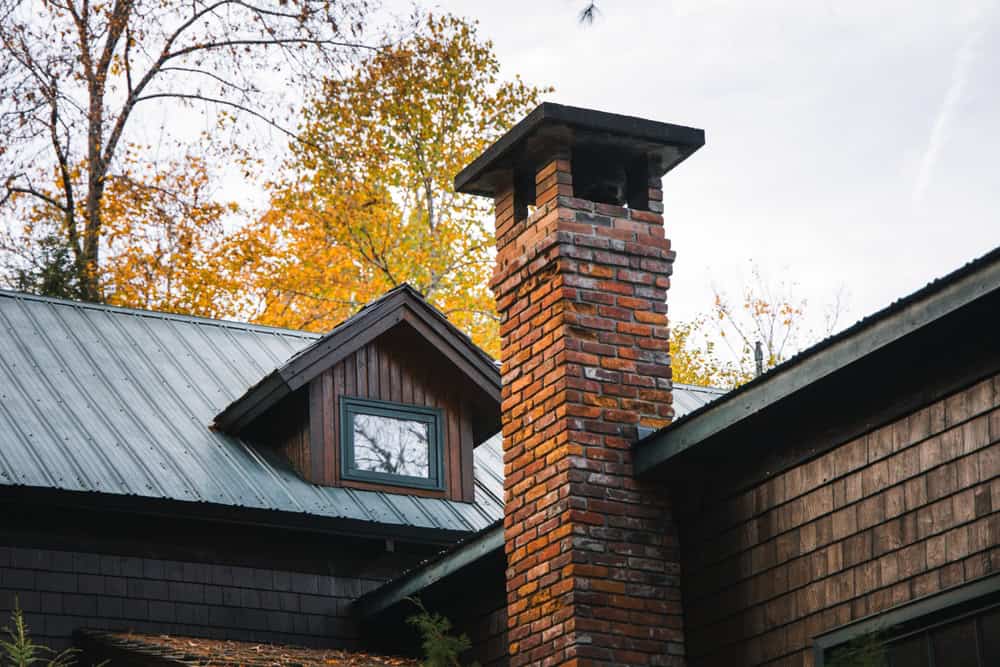
Maintenance for Wood-Burning Chimneys
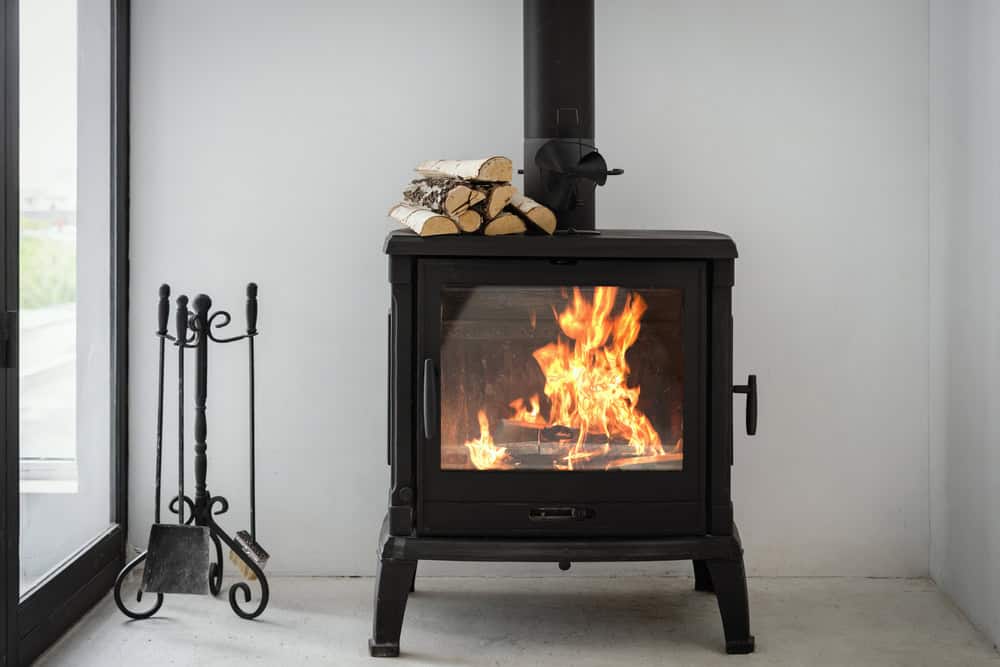
- If the chimney is used for a wood-burning fireplace, have it cleaned and inspected every 1-2 years.
- After burning approximately 100 fires, schedule an inspection to check for creosote buildup or other damage.
When to Call a Professional
- If you notice damaged tile flues, a cracked chimney cap, leaning or crumbling masonry, or white staining, consult a chimney professional.
- Regular professional inspections can identify issues early, preventing water damage or structural problems that could compromise the chimney.
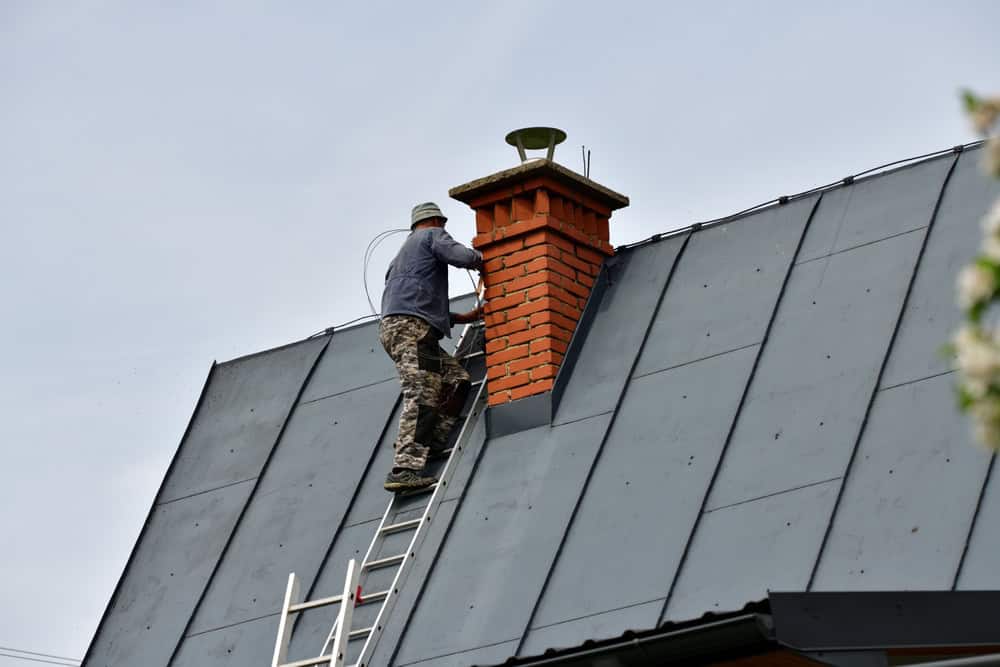
Summary: Guidance for Chimney Care
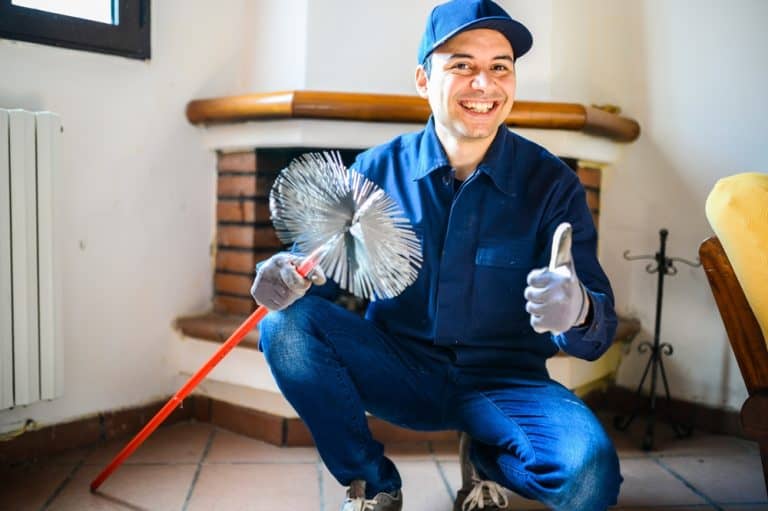
Chimneys, while durable, are vulnerable to weather, water, and time. Conduct routine checks from the ground with binoculars, focusing on the flue, cap, and masonry. For a wood-burning chimney, regular cleaning and inspection are essential to ensure safety. At the first sign of damage, call in a pro to preserve the integrity and safety of your chimney. Proper maintenance helps your chimney last for years while maintaining its functionality and beauty!